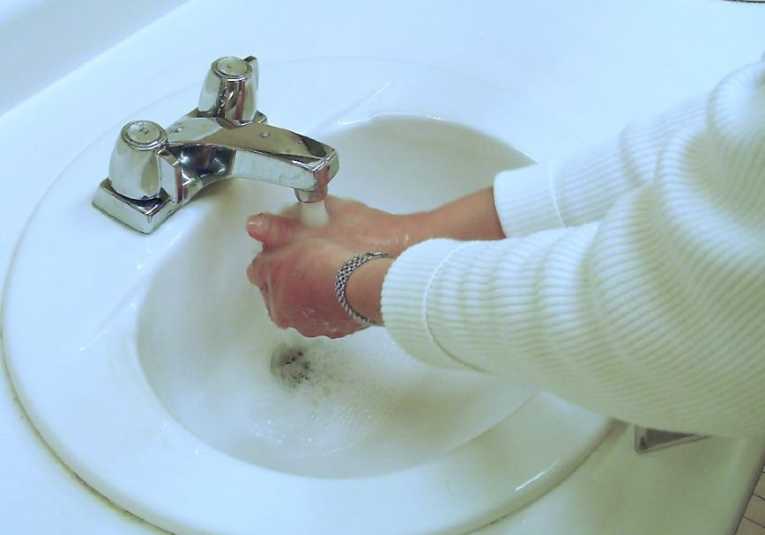A new study from the University of Michigan School of Public Health suggests our quest too be clean and infection free could be negatively affecting our health. The study seems to suggest that people exposed to high levels of two chemicals found in household products, triclosan and Bisphenol A (BPA), have a poorer level of immune health.
Triclosan is an antimicrobial agent used in various products to slow or stop the growth of bacteria, fungi and mildew. It's an ingredient used in many antibacterial products and even some toothpastes. Over the years, there have been concerns that excessive use of triclosan, especially in products people use regularly, might lead to bacterial resistance. In 2009 the Canadian Medical Association urged the Canadian government to ban the use of triclosan in household products. They were concerned, not just with the issue of bacterial resistance, but also with a number of other environmental concerns; including the dangers of triclosan and it's side products (such as chloroform) accumulating in the environment.
Bisphenol A (BPA) is used in plastic products, especially polycarbonate plastics. Polycarbonate plastics, which are clear and resistant to damage, are widely used in commercial products such as water and baby bottles, product packaging and even to coat till receipts. There has been concern that incorrectly used BPA could cause a number of health problems in humans.
Both BPA and triclosan are endocrine-disrupting compounds (EDCs). EDCs are thought to influence the health of humans (and other animals) by mimicking or affecting the body's hormones.
The University of Michigan team studied data from the 2003-2006 National Health and Nutrition Examination Survey to study a group of adults and children over six years old. It looked at how high the levels of BPA and triclosan were in the subjects' urine to establish their level of exposure. It then established the level of immune health in the subjects by establishing if they had ever been diagnosed with allergies or hay fever and measuring levels of antibodies to cytomegalovirus (CMV).
Among the over eighteens in the group, those with a higher level of antibodies to CMV also had higher levels of BPA exposure. The results seem be particularly dependent on the subject's age. While among the adults BPA exposure was associated with higher levels of antibodies to CMV, in the younger group the opposite was the case. In the under eighteen section of the group, those with higher levels of triclosan were more likely to have been diagnosed with allergies or hay fever.
The age differences regarding triclosan could be accounted for by differences in exposure. The older group have had longer to be exposed to and develop antibodies against CMV. The younger group are growing up in world where triclosan is more widely used.
The study could support the so-called “hygiene hypothesis” whereby populations are thought to become less healthy and develop more chronic illnesses when people attempt to live in a clean and germ-free environment.
The researchers hope to further investigate the effects of long-term exposure to these chemicals. This initial study is limited by the fact that it has been measuring illness and exposure together. For example, were the people who had been diagnosed with allergies more likely to use antibacterial products to protect their health?
In 2007, another study at the University of Michigan concluded that triclosan was unnecessary to kill bacteria. Plain soap was found to be just as effective antibacterial soap containing triclosan.










